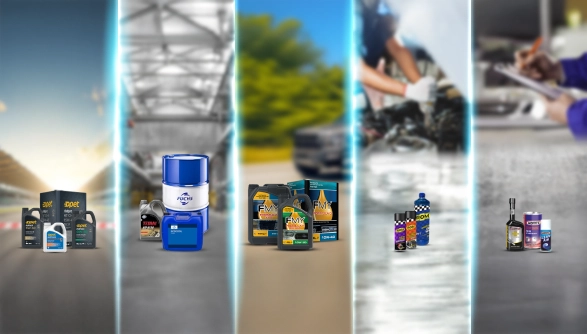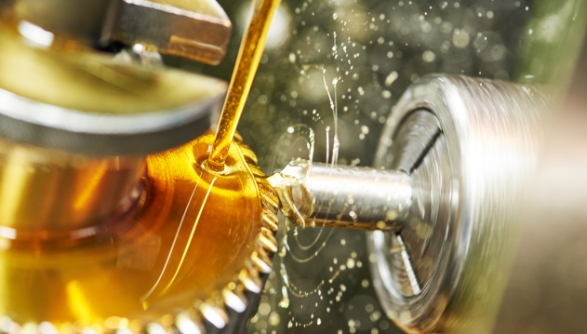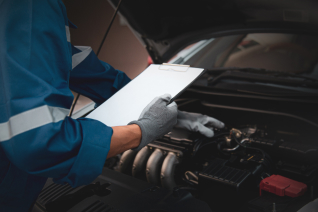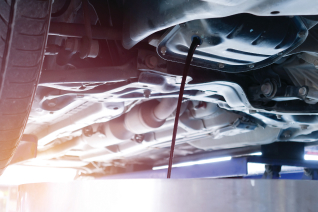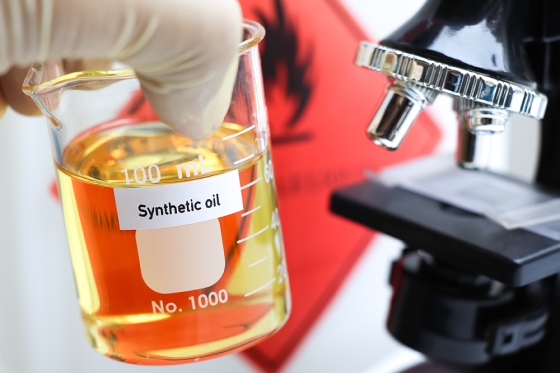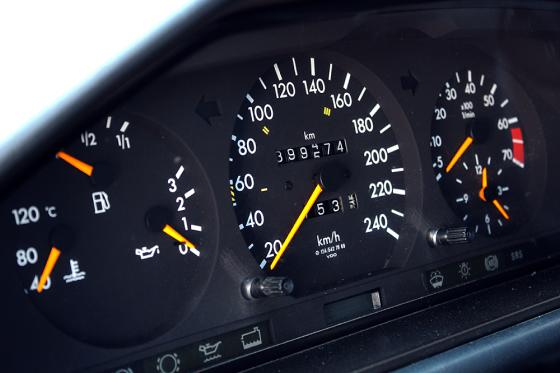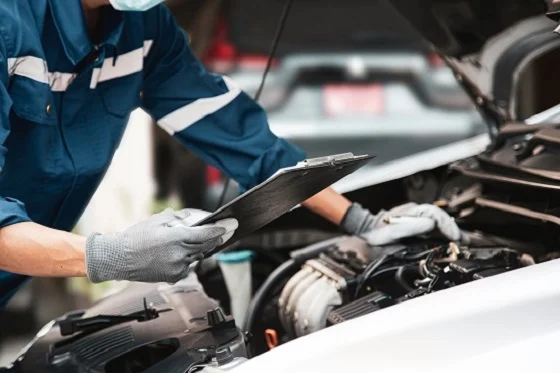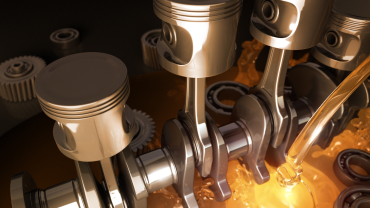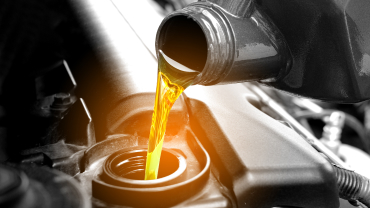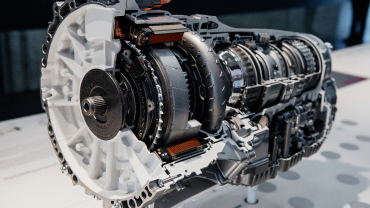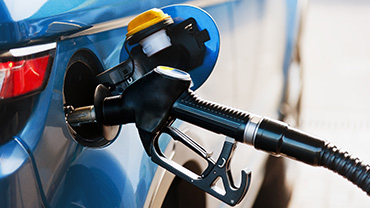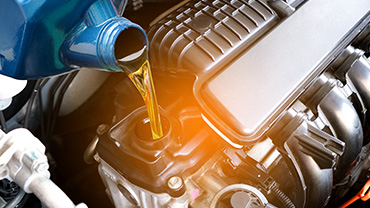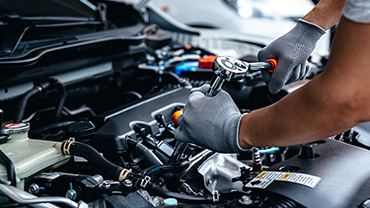Storage Conditions and Shelf Life of Engine Lubricants


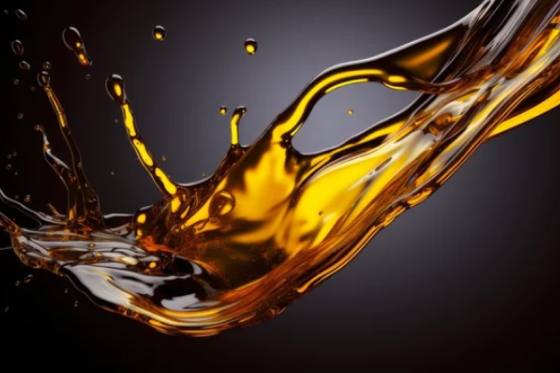
Storage Conditions and Shelf Life of Engine Lubricants
Engine lubricant is a vital component for the proper operation of vehicles. However, for the engine lubricant to maintain its effectiveness, it must be stored in the right conditions. The shelf life of engine lubricants and the correct storage conditions can directly affect the lubricant performance. If the engine lubricant is not stored properly, it may lose its characteristics over time and prevent the engine from running efficiently. In this article, we will consider the storage conditions of engine lubricants, the life cycle of engine lubricant in years, and what needs to be considered when selecting the best engine lubricant.
Shelf Life of Engine Lubricants
In general, engine lubricants can be used for a long time. However, each product has a specific shelf life, and this can affect the quality of the lubricant. The shelf life of engine lubricants should generally be evaluated as per the periods specified by the manufacturer. Most engine lubricants have a shelf life of 3 to 5 years when stored in the right conditions. This period may vary depending on the brand, type of lubricant and additives used.
The shelf life of lubricants is directly related to the duration of use. At the end of its shelf life, engine lubricant may lose its effectiveness because of loss of viscosity, oxidation, and other chemical reactions. Therefore, before using the engine lubricant, pay attention to the expiration date specified by the manufacturer. In addition, correct storage conditions can also extend the shelf life of the lubricant.
How to Store Engine Lubricants?
The storage conditions of the engine lubricants directly affect the quality and life of the product. Engine lubricants should be kept away from light, humidity, and high temperatures. The following storage conditions must be met:
- Choose a Cool & Dry Place: Engine lubricant should usually be stored at room temperature. Temperatures between 15-25 Celsius degrees are ideal for engine lubricants. Very hot or cold environments,
- Environments Without Light: Engine lubricant should not be exposed to direct sunlight. UV rays can accelerate the oxidation process by disrupting the chemical structure of the lubricant. It is thus necessary to store the lubricant bottles indoors and away from light.
- Prevent Leakage by Keeping it Tightly Closed: The cap of the engine lubricant bottle must be tightly closed and properly maintained to minimize contact with air. Contact with air can lead to oxidation of the lubricant, reducing the efficiency of the engine.
- Do Not Refrigerate: Some people may prefer to keep lubricants in the refrigerator for a longer period. However, this may adversely affect the performance of the lubricant. Engine lubricant should not usually be stored in cold places because low temperatures can change the viscosity of the lubricant.
How Long Is the Life Cycle of Engine Lubricant?
The life cycle of engine lubricant in years varies depending on the type of lubricant and storage conditions. Synthetic lubricants may last longer than mineral lubricants, but the expiration date recommended by the manufacturer should always be observed before use.
However, mineral lubricants can often have a shorter shelf life. Failure to store the lubricants properly or keeping them unused for a long time may cause the chemical structure of the lubricant to deteriorate and the engine to run less efficiently. Therefore, when buying engine lubricant, it is important to consider the type of lubricant and its shelf life.
Selecting The Best Engine Lubricant
The choice of engine lubricant has a direct impact on your vehicle's performance. The best engine lubricant should be suitable for your vehicle's engine type and conditions of use. For performance vehicles, synthetic lubricants provide faster fluidity at low temperatures, allowing the engine to run efficiently. Such lubricants can extend the life of the engine by protecting it against overheating.
When selecting the lubricant, considering the recommendations in your vehicle's user's manual ensures that the engine will run efficiently in the long run and last longer.
Engine lubricant is a critical component for the smooth operation of your vehicle's engine and can be used for a long time under the right storage conditions. The shelf life of engine lubricants usually varies between 3 and 5 years, and it is necessary to pay attention to the type of lubricant and its storage conditions. The life cycle of engine lubricant in years depends on the quality of the lubricant and its proper storage. The best engine lubricant, when selected properly, ensures the longevity of the engine, and improves the performance of your vehicle. Regularly checking the engine lubricant, following the change intervals, and paying attention to the proper storage conditions ensure that your vehicle's engine remains healthy. Please visit our website


